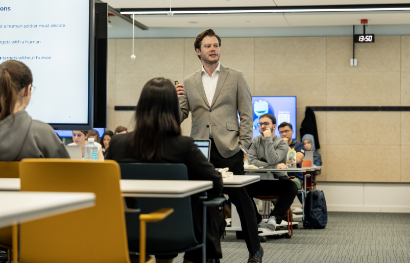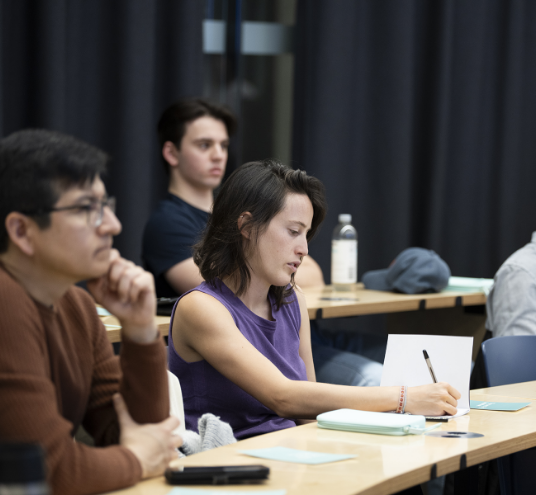A COLLABORATION BETWEEN IE UNIVERSITY AND UNESCO
The UNESCO Chair in AI Ethics & Governance seeks to advance the aims of UNESCO Recommendation on the Ethics of AI by driving ethical reflection, contributing to global norms, and building national capacities to leverage AI’s benefits while addressing its risks.
AI’s Ethics and
Governance Challenges

The ethics and governance challenges posed by artificial intelligence grow more significant with each passing day, as the technologies and applications develop faster than attempts by researchers, citizens, and regulators to understand and shape them. Which values and belief systems should AI reflect, and who should decide? How can the benefits and burdens of AI be fairly shared? Which developments and uses should societies encourage or refuse? What are the responsibilities of organizations that develop, operate, or govern AI, and how can they uphold these responsibilities effectively?

A Keystone Initiative of IE University’s School of Humanities
The UNESCO Chair in AI Ethics and Governance is a keystone initiative of IE University’s School of Humanities and an integral part of IE’s UN Hub, a collection of initiatives IE has launched in collaboration with several UN agencies. The Chair’s mission is to promote the implementation of the UNESCO Recommendation on the Ethics of AI, the world’s most widely-endorsed framework for responsible AI. It advances this mission through innovative research, education, advisory, and outreach activities with local and global partners.
